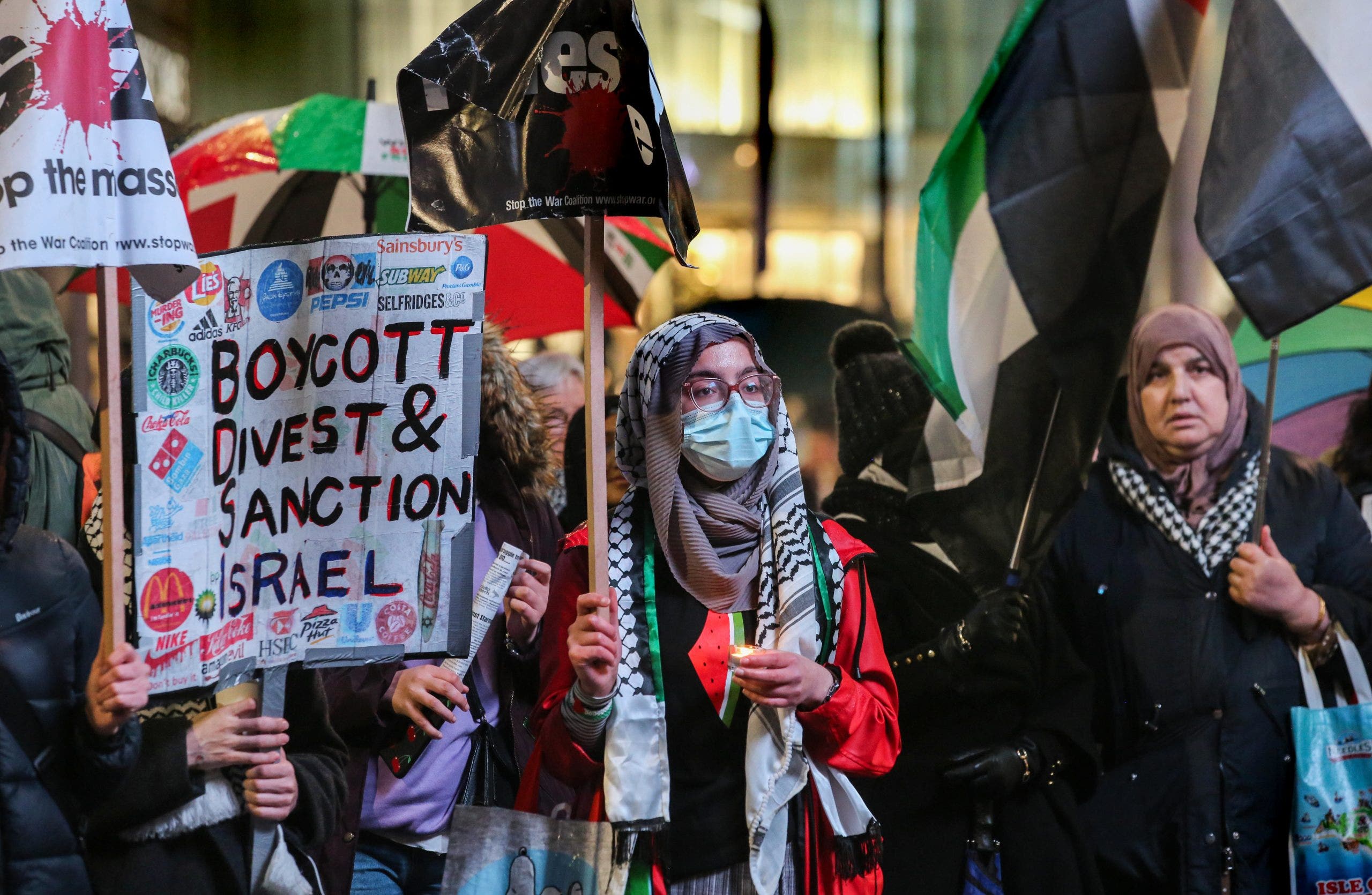Horoscope
US President Biden hails Manmohan Singh’s role in strengthening ties

New Delhi: US President Joe Biden joined world leaders in paying tribute to late former prime minister Manmohan Singh, saying his achievements such as the India-US civil nuclear deal and helping launch the Quad will strengthen the world for generations.
Manmohan Singh died on December 26 at the age of 92 after battling age-related illness, triggering an outpouring of grief and tributes from across the world. The government has announced seven days of state mourning as a mark of respect.
Biden said he and his wife Jill joined the people of India in grieving the loss of Singh, without whose “strategic vision and political courage” the unprecedented level of cooperation today between India and the US “would not have been possible”.
“From forging the US-India Civil Nuclear Agreement to helping launch the first Quad between Indo-Pacific partners, he charted pathbreaking progress that will continue to strengthen our nations – and the world – for generations to come. He was a true statesman. A dedicated public servant. And above all, he was a kind and humble person,” Biden said in a statement.
The epochal India-US civil nuclear deal is seen as one of the greatest achievements of Singh, who staked the fate of his government to get the agreement finalised in the face of opposition from the Left parties.
Biden also recalled his meetings with Singh in his previous roles as chairman of the Senate Foreign Relations Committee and as vice president, and their discussions on the US-India relationship being “among the most consequential in the world”. He said, “And together, as partners and friends, our nations can unlock a future of dignity and unlimited potential for all of our people. During this difficult time, we recommit to this vision to which Prime Minister Singh dedicated his life.”
Earlier, Russian President Vladimir Putin paid tribute to Singh, describing him as an outstanding statesman who “accomplished a lot in promoting India’s economic development and asserting its interests on the world stage”. Singh also made a “major personal contribution to strengthening friendly ties” between India and Russia by elevating them to a special privileged strategic partnership.
“I had the occasion of talking with this remarkable man several times. We will cherish the memory of him,” Putin said.
Perhaps the poignant tribute of all came from Malaysian Prime Minister Anwar Ibrahim, who described Singh as his “mitra” (friend) and “bhai” (brother) and revealed in a lengthy post on X that the former premier had offered scholarships for Anwar’s children at a time when he was in jail.
“Not many people know this, and it is time that I share it with Malaysians: during the years of my incarceration, he extended a kindness that he didn’t have to – one that was neither politically expedient nor, as one can imagine, appreciated by the Malaysian government at that time,” Anwar said, referring to the time when he was jailed during 1999-2004.
“Yet, true to his character, he did it anyway. He offered scholarships for my children, particularly my son, Ihsan. Although I had declined the gracious offer, such a gesture undoubtedly showed his extraordinary humanity and generosity, demonstrative, as the Bard would have it, of a man so full of ‘the milk of human kindness’,” he said.
Anwar said he also witnessed the early years of Singh’s transformative policies when both leaders served as finance ministers of their countries during the 1990s. “We shared a fervent commitment to the war against corruption – even collaborating on unravelling a major case,” he said.
The “praise that will follow in the days ahead will be truly well-deserved”, Anwar said, describing Singh as “slightly awkward as a politician but undeniably upright, steadfast and resolute as a statesman”, and a leader whose legacy will inspire generations to come.
There were also tributes from regional leaders such as Bangladesh’s interim government chief and fellow economist Muhammad Yunus, who described Singh as a close friend and a visionary leader who would be remembered for his contributions to India’s economic transformation.
Singh’s leadership “not only shaped the future of India but also contributed to strengthening the bond of friendship and mutually beneficial cooperation between Bangladesh and India”, Yunus said. He highlighted Singh’s commitment to regional peace, prosperity and role in advancing South Asian cooperation.
Yunus recalled that Singh had invited him to deliver the Professor Hiren Mukerjee Annual Parliamentary Lecture in 2009 that was attended by members of both houses of Parliament.
Pakistan’s deputy prime minister and foreign minister Ishaq Dar recalled Singh’s roots in a village in Chakwal district in the neighbouring country and said he would be remembered for his wisdom and gentle demeanour. Singh also demonstrated a commitment to promoting regional peace and his “approach to regional issues reflected his belief that mutual understanding, dialogue and cooperation were essential for collective progress”, Dar said on X.
“He played a notable role in improving Pakistan-India bilateral relations during his tenure as Prime Minister,” he added.
Nepal’s Prime Minister KP Sharma Oli Deeply paid tribute to Singh as a visionary leader whose wisdom, humility and dedication inspired the region, while Maldivian President Mohamed Muizzu said Singh’s “historic visit to the Maldives in November 2011 marked a significant milestone in advancing our economic and social development”. Singh’s leadership in strengthening India’s “Look East” policy played a “pivotal role in fostering development and cooperation across the South Asia region”, Muizzu said.
Bhutan’s Prime Minister Tshering Tobgay described Singh as a “cherished friend of Bhutan” whose “legacy will remain in our hearts forever”. Sri Lankan President Anura Kumara Dissanayake said Singh’s “influence transcended national boundaries”, and his transformative policies, such as the Right to Education Act and the Mahatma Gandhi National Rural Employment Guarantee Scheme, “reflected his steadfast commitment to equity and inclusivity”.










